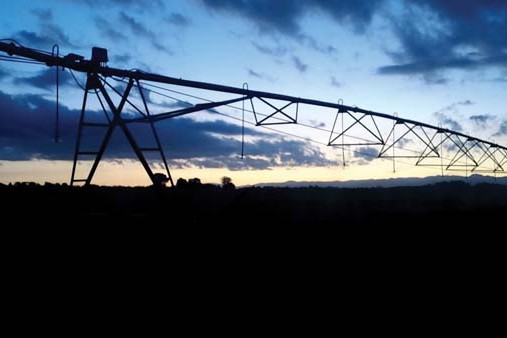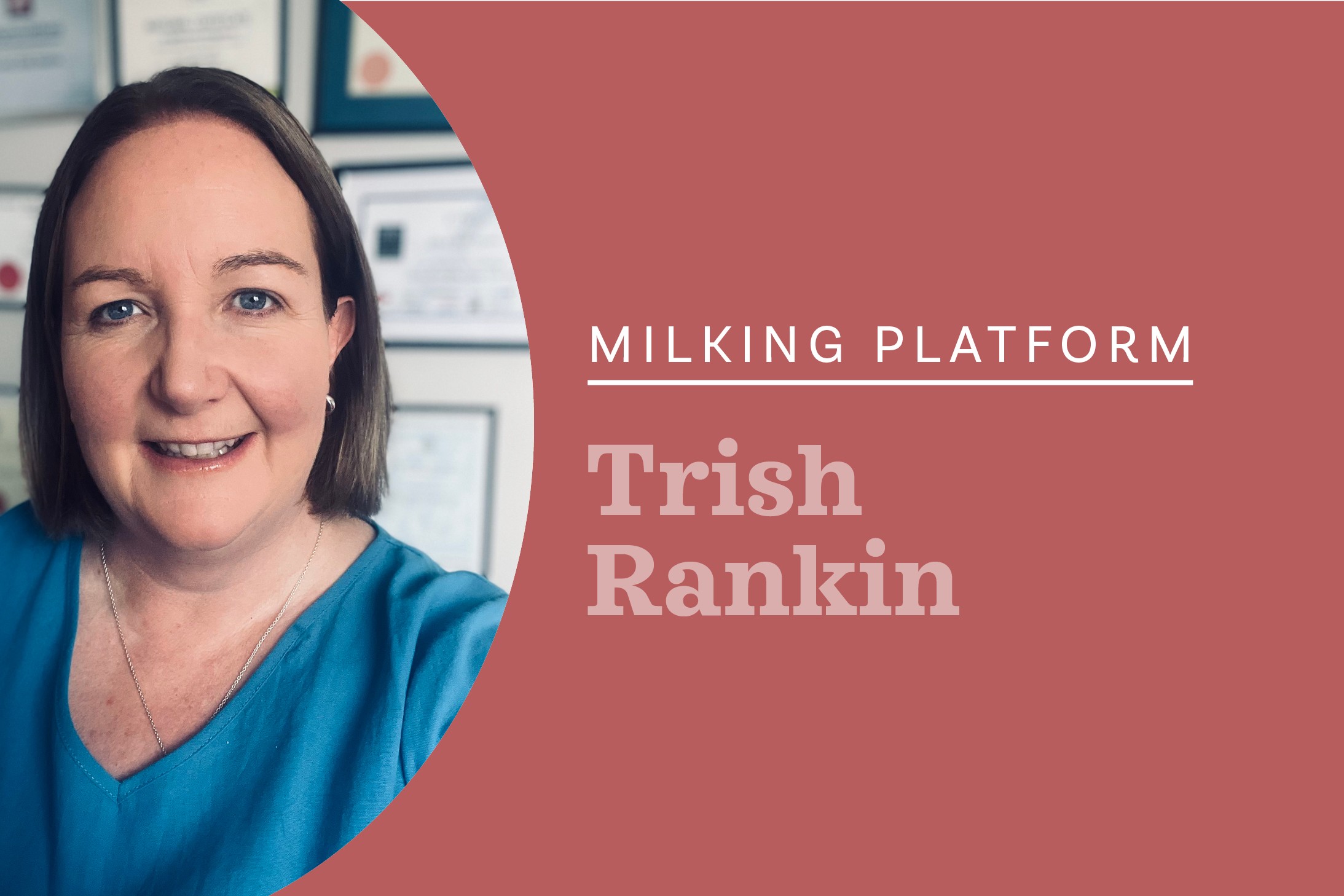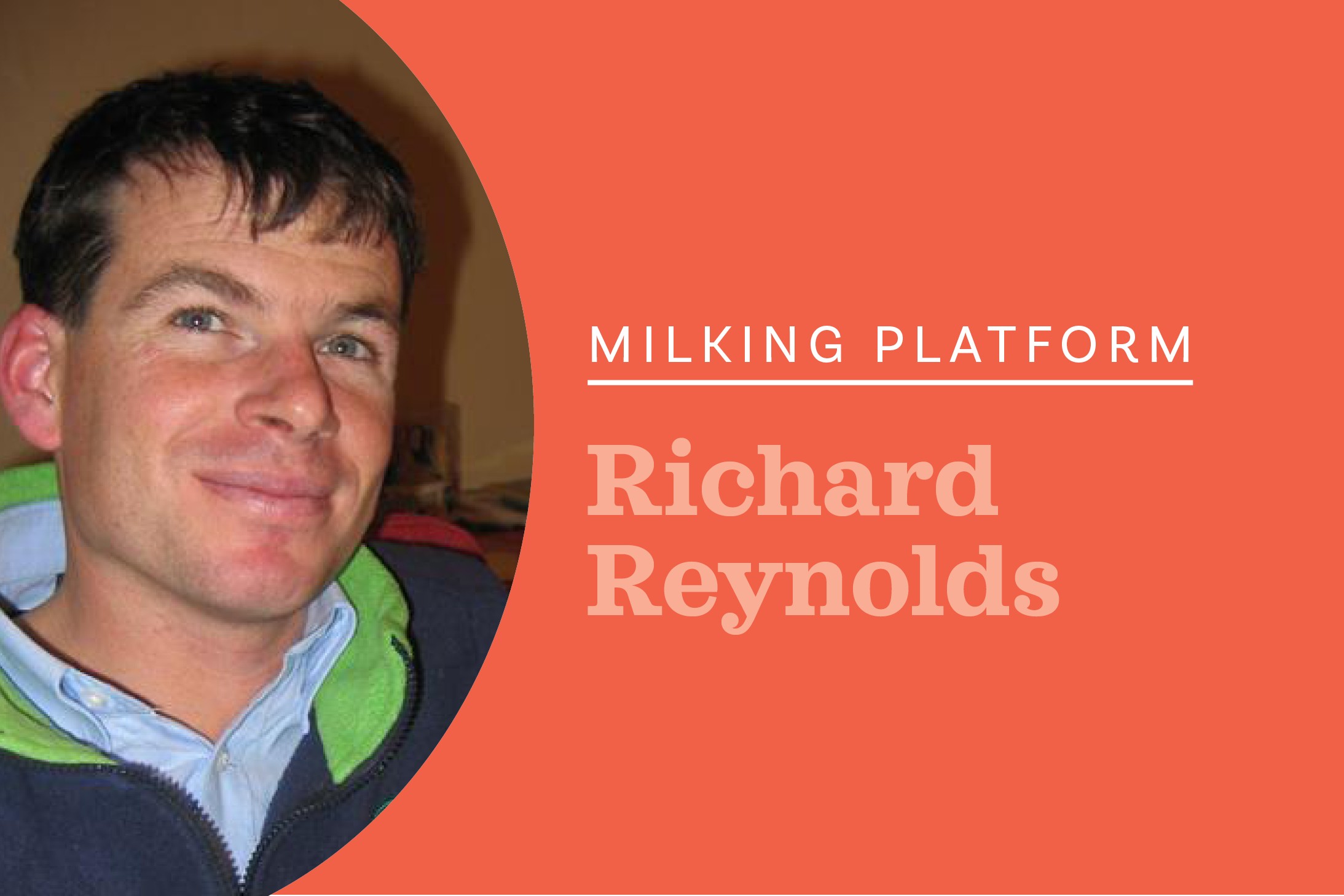NZ Dairy Exporter welcomes a new columnist from the West Coast, Richard Reynolds.
Hi, I am Richard Reynolds, and along with my partner Christina and two children, farm on the West Coast just below Punakaiki – home of the Pancake Rocks. Our farm is between the beach and the Paparoa Ranges. After attending the South Island Dairy Event (SIDE) I have been given the honour of contributing to NZ Dairy Exporter. This is helped by knowing Anne Lee for years when I used to be dairy chair for Federated Farmers on the West Coast and being rung to find how Westland was going. I did comment to Anne that after the sale to Yilli that she hasn’t rung me since, so she told me to do this column. Fortunately where I farm we have not been affected by the flooding. It has been a major event to farmers that are affected, mainly along the Buller river but also a few on other rivers.
The clean-up will be ongoing and couldn’t have come at a worse time. Our hearts go out to those affected both onfarm and in town.
SIDE came at just the right time for me, I was feeling in a bit of a hole and conferences are an excellent reason to have to go and see people. I enjoyed catching up with friends and colleagues that I had not seen for years. There was a really relaxed feel to the event which was hosted by Julia Jones, one of my heroes as she swears on stage and gets invited back. The biggest highlight had to go to Logan Williams who among other things has invented wool plastic and handed around very sharp knives for everyone to look at.
This presenter was epic and you must look him up on the Internet. He has all the self-belief and confidence of my 11-year-old son. He was out there doing it, changing the world one hard working idea at a time. It is so refreshing to see people with boundless energy and self-belief. This got me thinking about what dairy will look like in 10-20 years’ time, because things are going to be different. This year we have seen that change can come very quickly with immigration changes leading the labour shortages and with the Zero Carbon Bill.
One of the changes that I have made for the last three years is to use homebred yearling bulls over all my cows at the end of artificial insemination (AI). There were a few reasons for the change. It happened at the start of M Bovis when a closed herd became a more important idea.
We also had a few safety problems with the bulls that we used. I had to rescue a worker from a paddock and I had a toe-to-toe with a bull in the backyard, as witnessed by my partner. She was not too keen on bulls after that. Our neighbour had also been attacked by a bull that year, so there were some real concerns on that front. I also got a bit tired of buying bulls from stock agents, being promised something quite different from what turned up and still having to pay large sums for them. This one was really grating.
So, the results have been very pleasing. I have learnt to use crossbred to Friesian types that are well grown, if you look at a yearling and 2-year-old bulls side by side there is not a lot of height difference. For my 350 cow herd I use 10 bulls instead of eight to make up for their lower servicing ability.
After using them I sell them to the freezing works before April and depending on the schedule aim to average $1000 a head. I haven’t managed the averaging but with dropping the Jersey cross looking ones and selecting earlier born calves I think it is achievable. My in-calf rates have not changed sitting around 5% empty for a once a day herd after four weeks AI.
Also by only taking the stock through one winter as calves, you greatly reduce the wintering cost and also reduce the greenhouse gas (GHG) production. This is an issue that beef farmers are going to have to look at and maybe with all our industry good bodies working together, we could solve our issues around GHG and bobby calves in one go.





